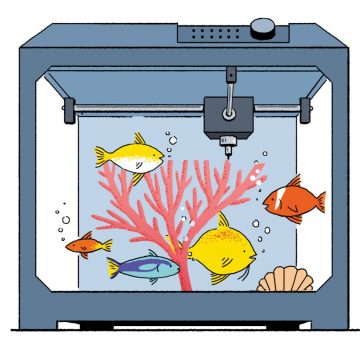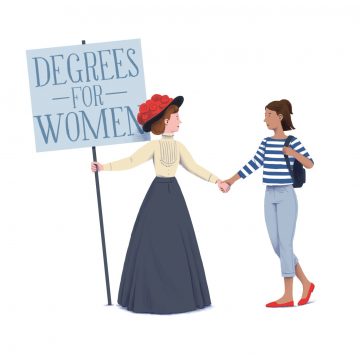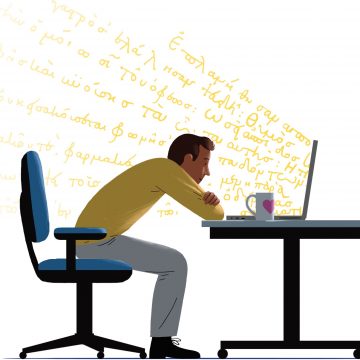Campendium: Michaelmas Term 2020
Annual Address
Our focus is reaching net zero by 2038, says Vice-Chancellor in annual address
The University will cut its greenhouse gas emissions to zero by 2038 – more than a decade before the date set by the UK government – and divest from all direct and indirect investments in fossil fuels by 2030. Announcing the move in his annual address to the University, Professor Stephen J Toope, Vice-Chancellor, said: “The University is responding comprehensively to a pressing environmental and moral need for action with an historic announcement that demonstrates our determination to seek solutions to the climate crisis. We will approach with renewed confidence our collaborations with government, industry and research partners around the world as together we work for a zero-carbon future.”
The launch of Cambridge Zero, the University’s response to the challenge of climate change, was, he said, a “thrilling moment”. He went on: “For centuries, Cambridge scholars have produced some of the boldest and most daringly original ideas and technologies. Cambridge Zero is harnessing that boldness of thought to understand and mitigate the effects of climate change.”
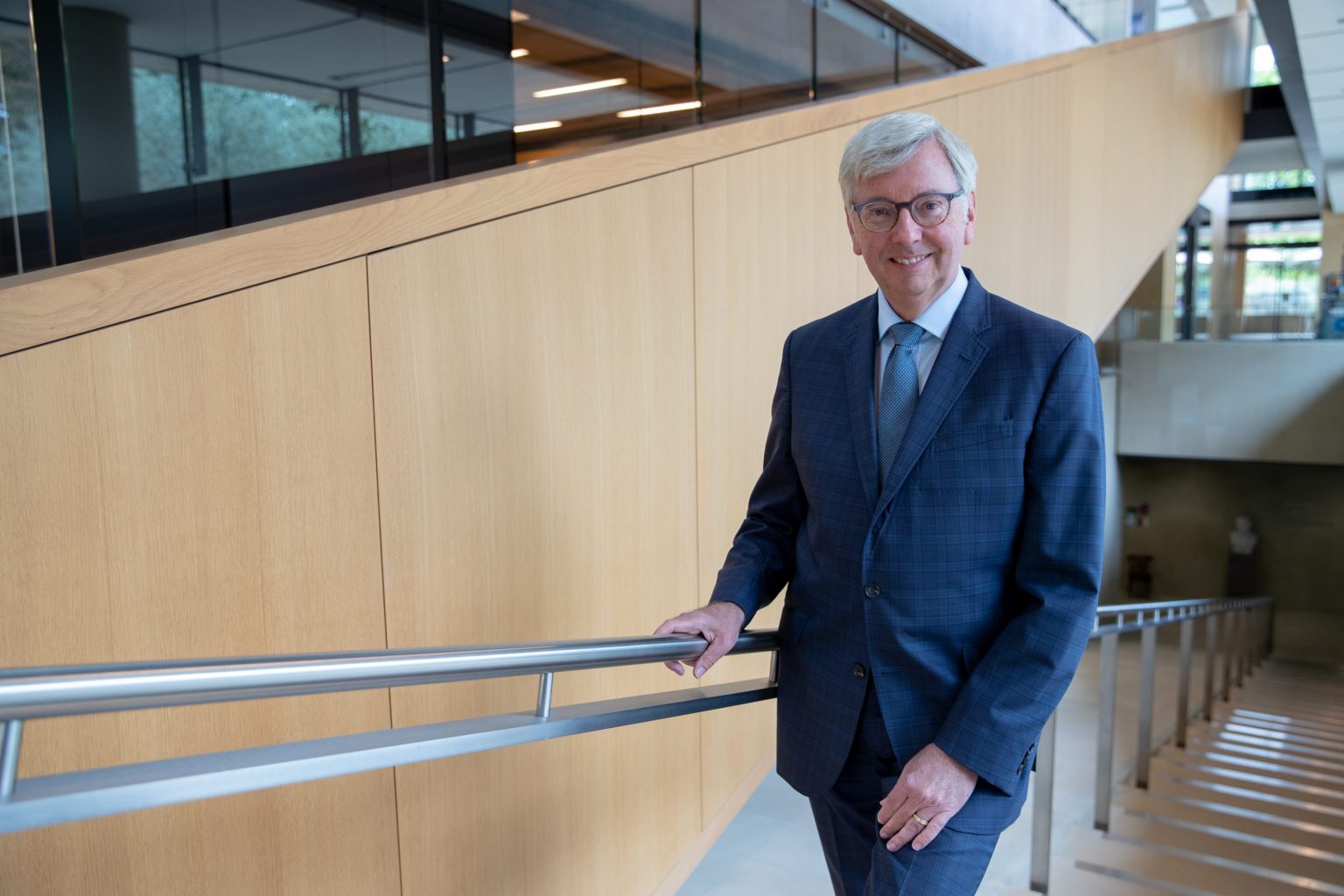
The Vice-Chancellor highlighted projects that will be important in the University meeting its goal, including the planned new National Centre for Propulsion and Power, which aims to reduce the carbon emissions of the aviation industry, and Cambridge Zero’s role in the Global Alliance of Universities on Climate, a group of 13 universities aiming to advance climate change solutions through research, education and public outreach.
The University will continue to deploy resources – under the leadership of the Cambridge Zero initiative – to support the global response to climate change and the wider United Nations sustainable development goals.
And in a year quite unlike any other, the Vice-Chancellor expressed his “profound thanks” to students, staff, alumni and friends of the University for their efforts in dealing with the Covid-19 pandemic. “Through moments of joy, of tragedy and crisis, I have felt we are building an ever-stronger community,” he said.
Find out more about Cambridge Zero and the 2038 target.
Professor Chris Abell
The University is saddened to announce that Professor Chris Abell, Pro-Vice-Chancellor for Research, Professor of Biological Chemistry and Todd-Hamied Fellow of Christ’s College, has died suddenly at the age of 62. A biological chemist, he was a pioneer in the field of fragment-based drug discovery, a successful entrepreneur and a founding director of Cambridge Enterprise.
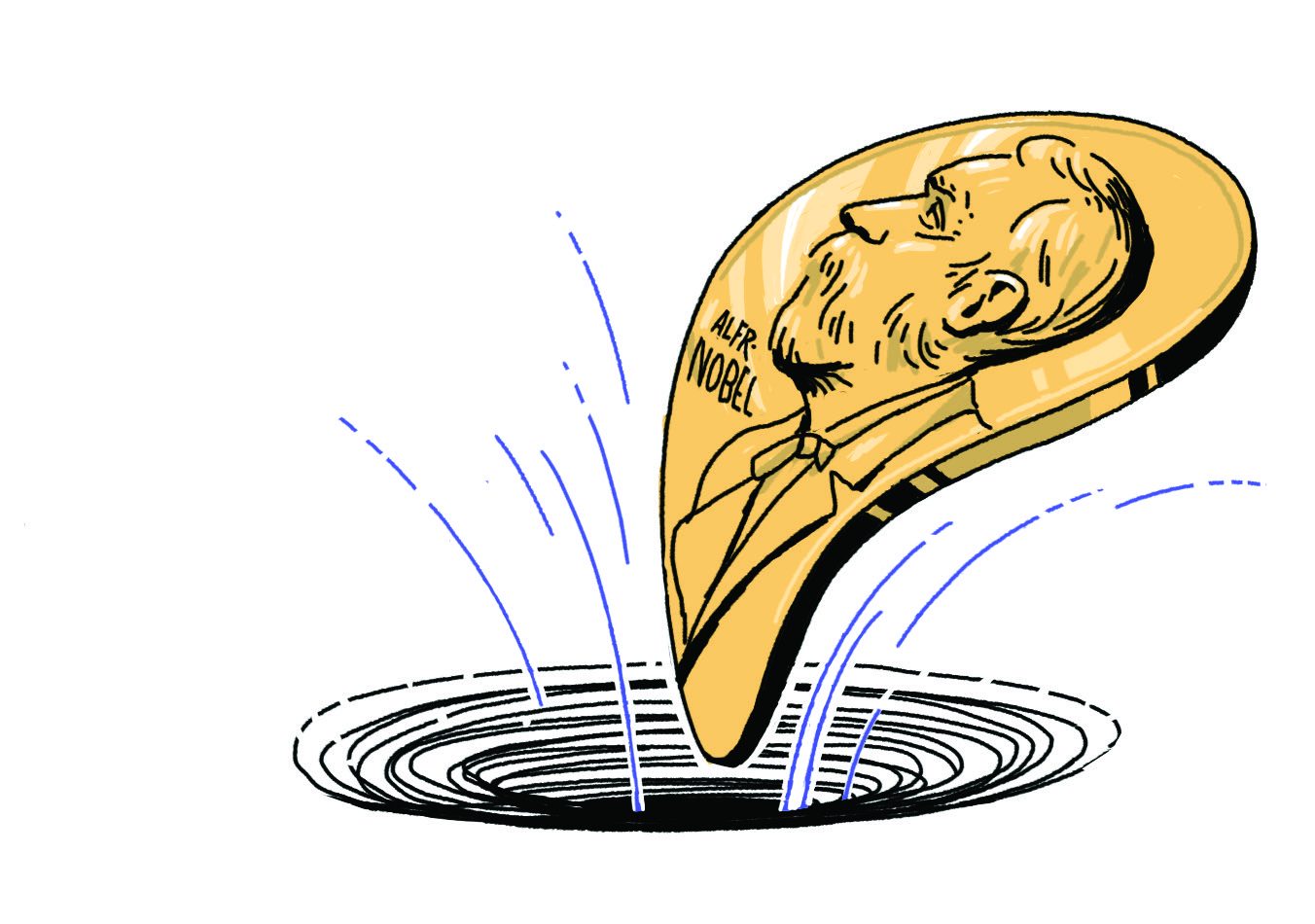
In brief
Recognition for leading Cambridge names
Professor Sir Roger Penrose (St John’s 1952) has jointly won the 2020 Nobel Prize in Physics, for the discovery that black hole formation is a robust prediction of the general theory of relativity.
His ground-breaking article is considered the most important contribution to the general theory of relativity since Einstein.
While Einstein himself did not believe in black holes, Penrose proved that they can form – and described them in detail.
In addition, five prominent Cambridge researchers have been recognised for their work in this year’s Queen’s Birthday Honours: Professor Julia Gog (awarded an OBE); Dr Giles Yeo (MBE); Professor Sarah Worthington (DBE); Professor Stefan Reif (OBE); and Mark Enzer (OBE).
In numbers
£10m: prize fund for the global Trinity Challenge, seeking breakthrough solutions to ensure a billion more people are better protected against future health emergencies.
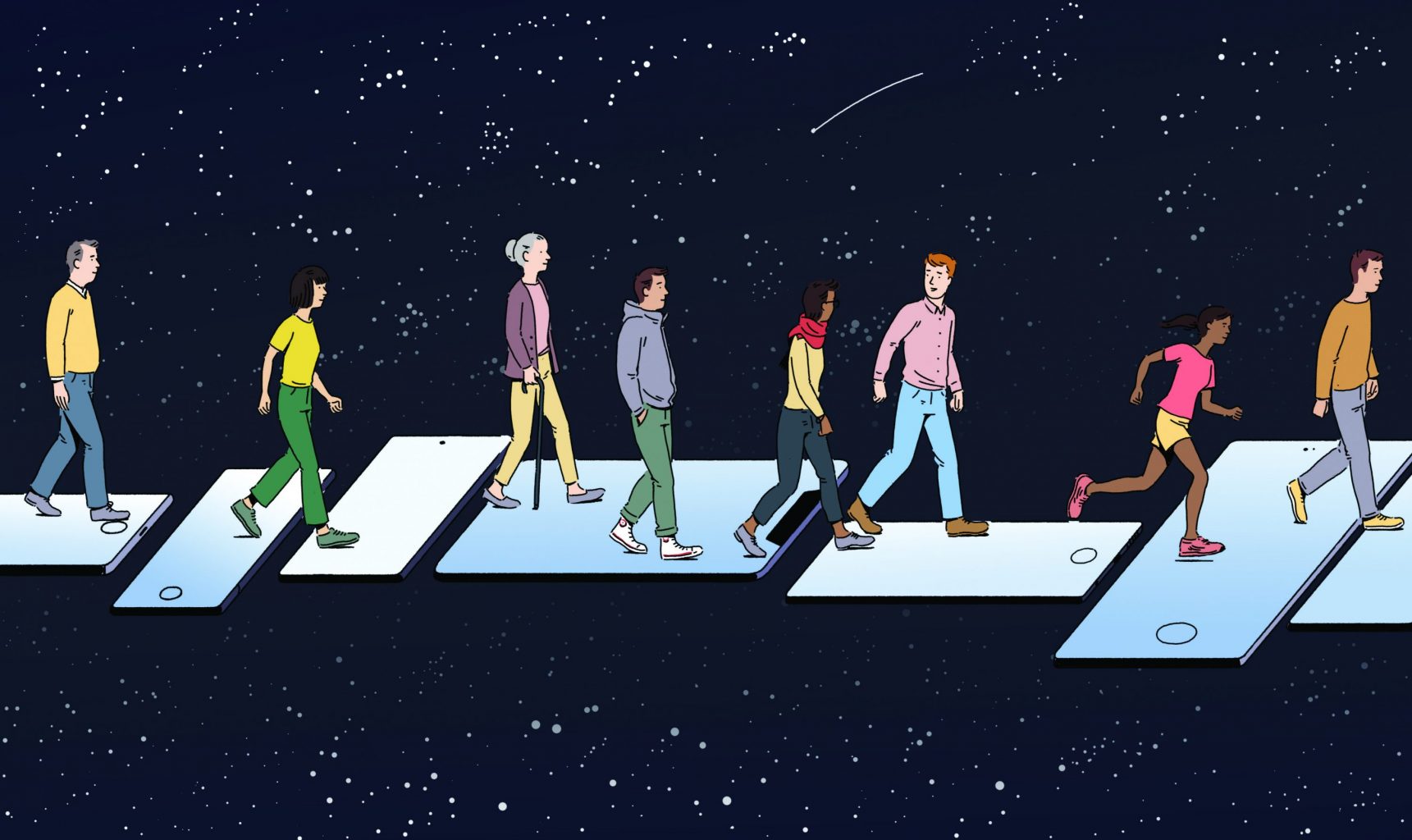
Events
Alumni Festival 2020: The best of the festival is now online!
This September, Cambridge’s finest thinkers and researchers were beamed around the world at the University’s first ever truly global Alumni Festival. Reimagined for the new normal, for the first time ever all sessions took place online – reaching more than 7,500 participants in 127 countries.
And now, whether you’re fascinated by exoplanets or want to go on a virtual tour of the Whipple Museum, the best of the festival is available on YouTube for you to enjoy.
The festival was the University’s 30th. In the three decades since the very first event, the world has changed beyond all recognition: the cold war has ended; internet communication has changed our lives permanently; and society has become more connected – and more fractured – than ever before. And now Covid-19 has radically altered everything we considered to be normal.
In this context, Cambridge thinking could not have been more relevant. Festival speakers addressed the biggest global issues, explaining how Cambridge research and thinking are helping to find solutions to global challenges. Highlights now available online include deep-dives into the latest research on the adolescent brain, end-of-life care and a trip to the University Boat Club. Viewers can also find out more about how the Cambridge Zero team are harnessing the University’s research and policy expertise to create a zero-carbon future.
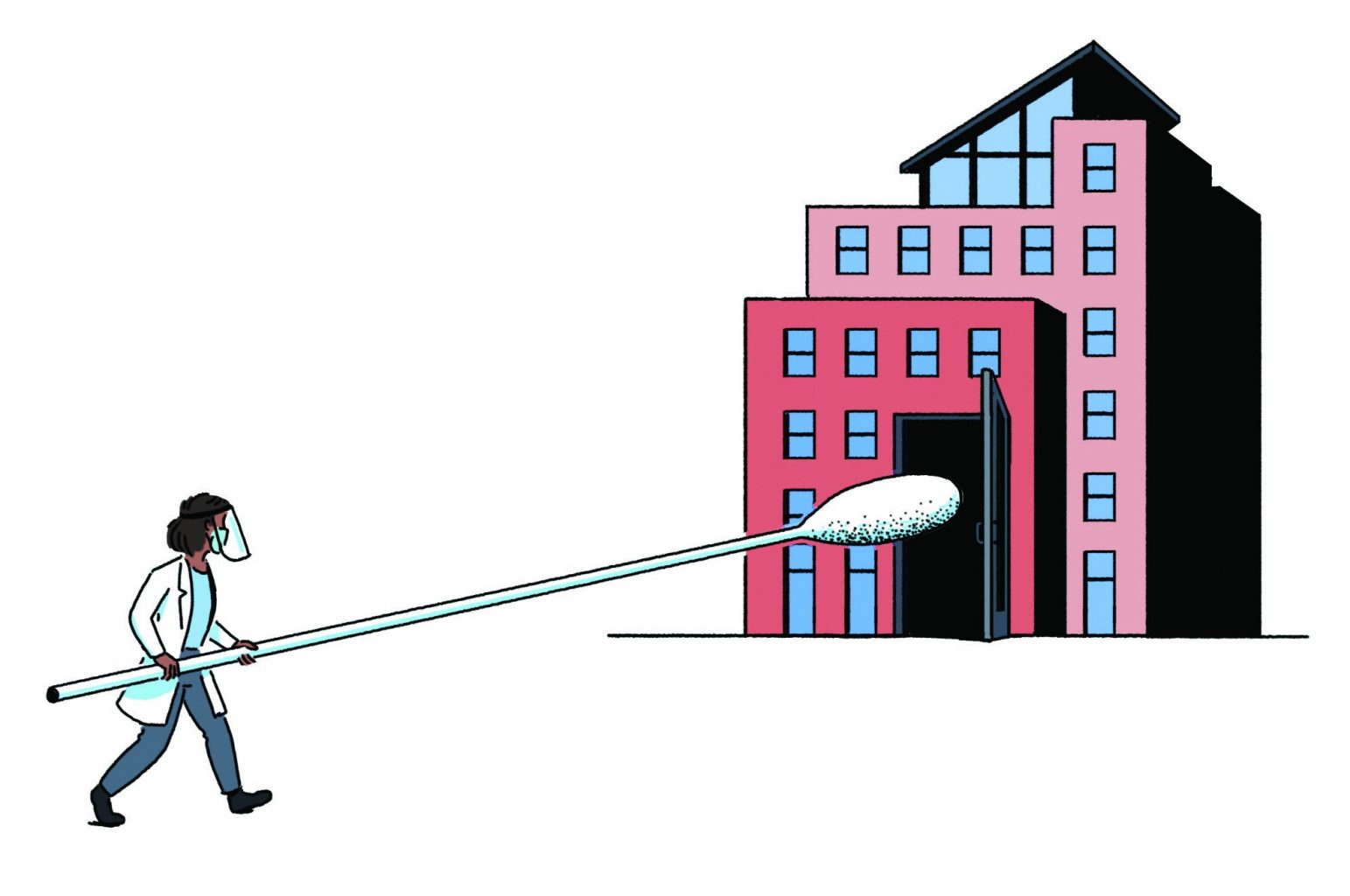
Pandemic
Weekly tests to combat Covid-19
All students living in College accommodation are being offered a weekly Covid-19 test, even if they show no symptoms.
Test swabs from students will be pooled by household, reducing the number of tests required to around 2,000 a week.
Samples are then sent to the Cambridge Covid-19 testing facility at the Anne McLaren Building on the Cambridge Biomedical Campus. If a pooled household test is positive, the students in the household will be informed within 24 hours and offered individual tests to confirm the positive result.
Professor Patrick Maxwell, Regius Professor of Physic, says: “Offering testing to all students in College accommodation, who make up the majority of our student population, will help us reduce the risk of outbreaks by identifying individuals who will often not be aware that they are infected.”
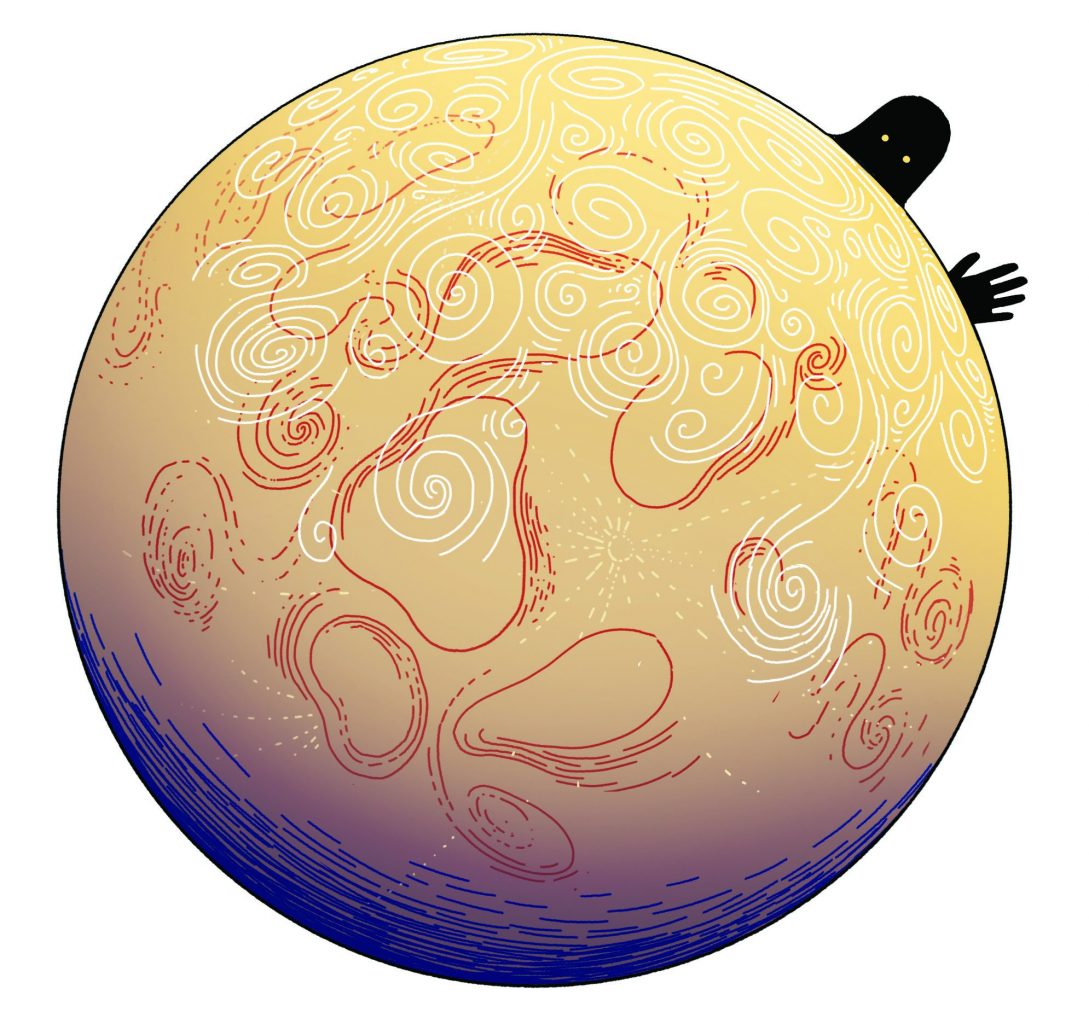
Is there life on Venus? New discovery of rare molecules makes it a possibility
A rare molecule discovered in the clouds of Venus could indicate the possibility of extraterrestrial life, a UK-led team of astronomers has recently discovered.
Professor Jane Greaves detected phosphine molecules – made up of hydrogen and phosphorus – using the James Clerk Maxwell Telescope at the Institute for Astronomy, in Hawaii.
On Earth, phosphine is only made industrially or by microbes that thrive oxygen-free. No other natural processes that occur on Venus, the team say, could make the amount discovered.
The presence of life is the only known explanation for the amount of phosphine inferred by observations, says Dr Paul Rimmer at the Department of Earth Sciences.
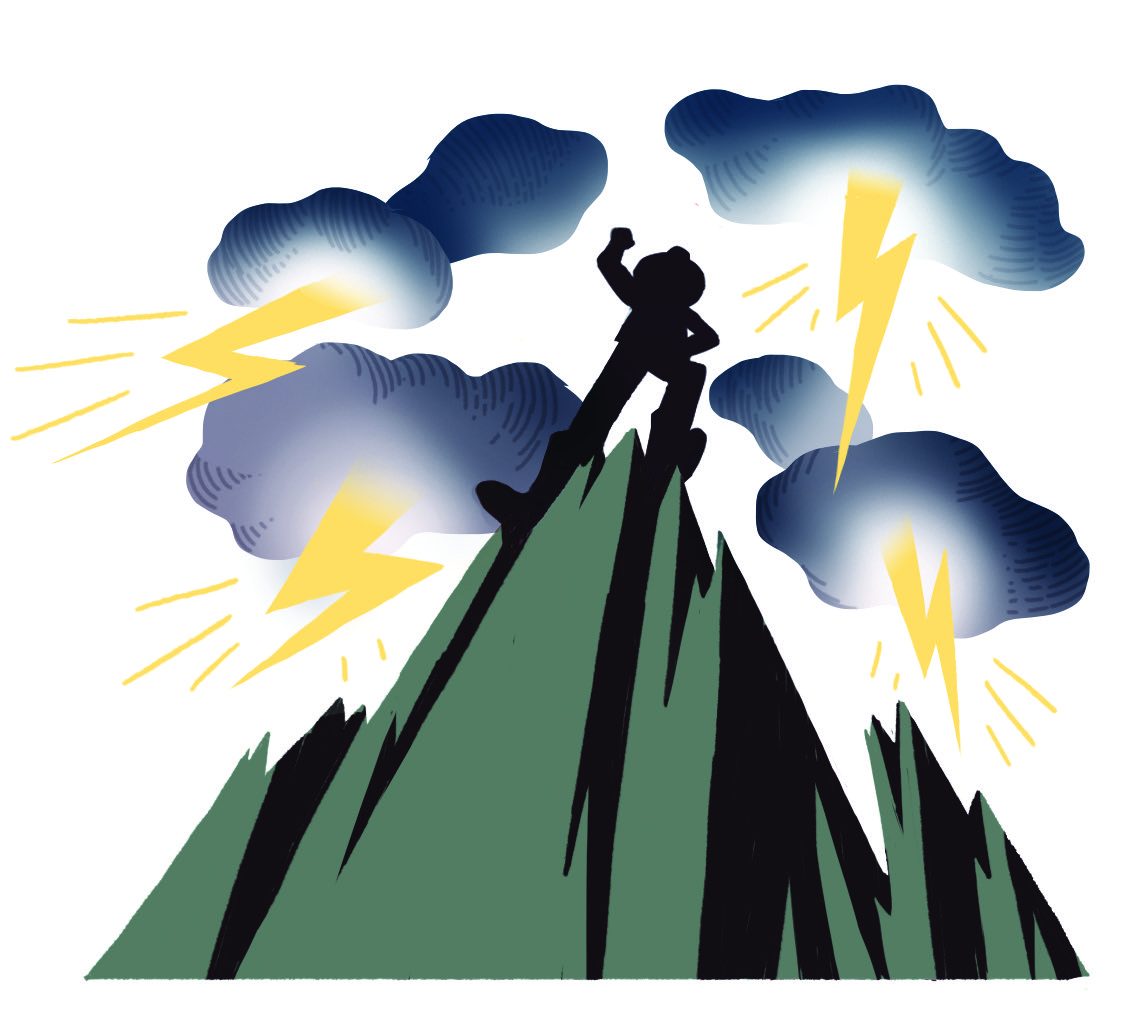
Three-minute tripos
Cowboys and angels – the impact of frontier life
Weeeelll, howdy partner.
Why are you talking like that? You were born in the Yorkshire Dales.
Yup. Maybe it’s ma pioneer personality showin’ through, me bein’ born in a mountainous region, y’all.
Ah, this is something to do with Frederick Jackson Turner’s 1893 thesis?
Mmm. I don’t rightly know …
Jackson Turner identified the “coarseness and strength combined with acuteness and acquisitiveness” that harsh frontier life had forged in the American character.
Weeeell, to be sure, that’s reflected in this algorithmic investigation of how landscape shapes personality in the mountainous regions of the US what I’ve been perusin’ under the stars.
How did they investigate that?
You’re lookin’ at the Big Five personal model: online tests providin’ high-to-low scores for five fundamental personality traits, y’all. Those varmints at the Department of Psychology found low levels of agreeableness for us mountain folk.
What does that mean?
Suggests we’re less trustin’ and forgivin’. We’re all about the territorial, self-focused survival strategies.
But there’s more than one mountain range in the US, right? Do all mountain dwellers share the same traits, no matter where they are?
They do say that mountain folks in the east are more agreeable and outgoing, while them tough guys in the western ranges are a closer fit for that frontier settlement theory y’all fuss about.
So I should move if I want to be tougher?
Nope. It’s in the blood. In the end, they say, while ecological effects are important, it’s that lingerin’ sociocultural effects of stories, attitude and education that make us mountain folks what we are.

